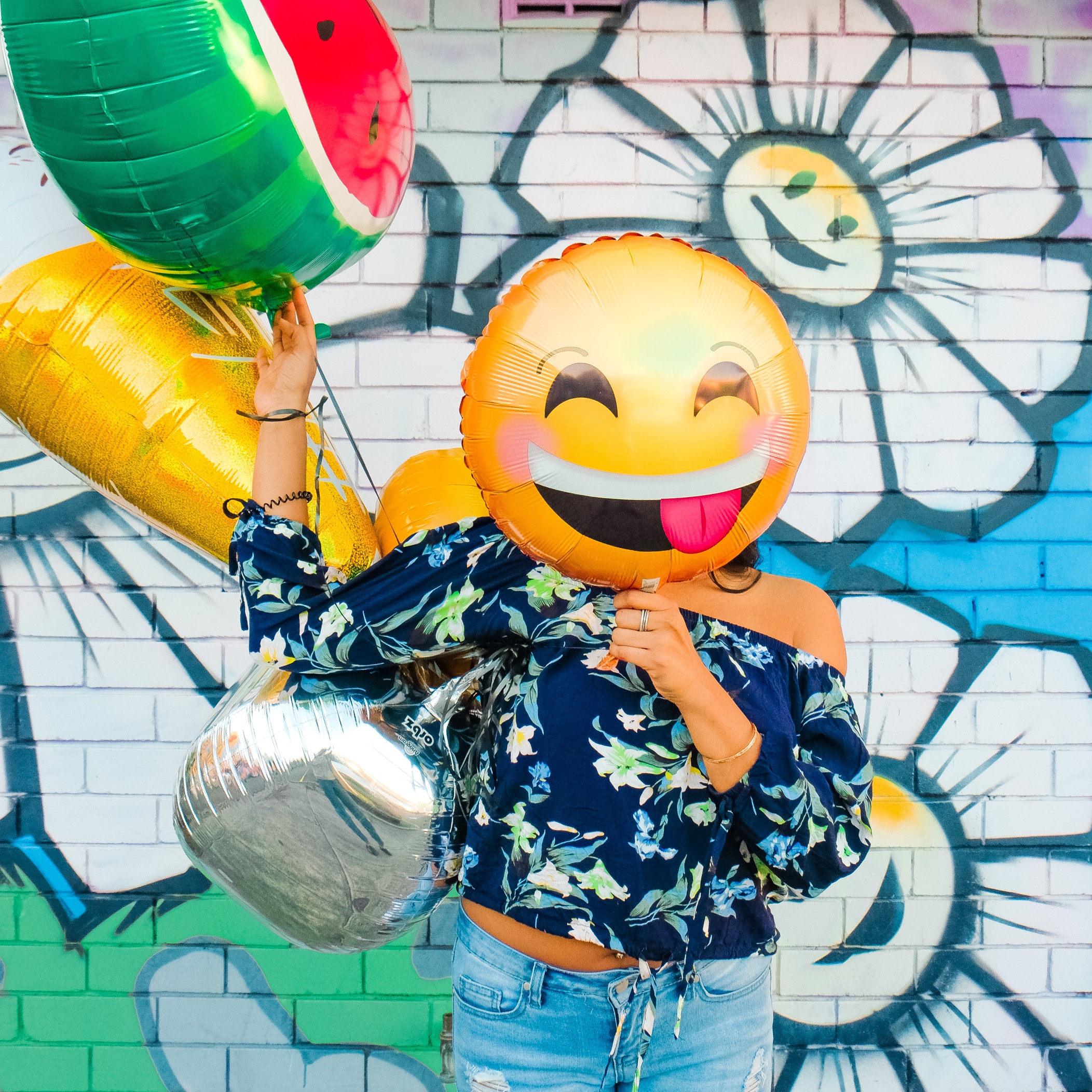Click the image to watch Jessie on FOX 13’s The Place!
Jessie Shepherd, a licensed mental health counselor says emojis may be saying a lot about you.
She says 70 percent of communication is nonverbal and 80 percent of us use emoticons to provide clarity to the recipient of the message.
Jessie says people who use emojis are agreeable, pleasant and likable. If you use emojis you also probably use social and emotional cues in real life such as mirroring and empathy.
People who tend to not care about what others think of them are more likely to use sad or non-positive emojis and be less empathetic towards others both online and in real life, according to Jessie.
There are some positives to using emojis. For instance bad news (like canceling plans) can have a softened negative effect when emojis are used in the message. Text conversations with emojis are seen as more robust, complex and rich than those without.
But, Jessie says there are things to keep in mind. She says we are less likely to use emojis on very serious texts like “We need to talk”. And, emoticons are seen as unprofessional and should not be used unless you are in a less formal conversation. If you do, you may be seen as having poor boundaries.
Make sure you understand the emoji. If you don’t, ask the sender of look it up in the Emojipedia.
Jessie Shepherd, MA, LCMHC is a Mental Health Counselor in Utah. She has a Masters Degree in Mental Health Counseling from the University of Phoenix and a Bachelors degree in Psychology from the University of Utah. Her focus is treating trauma, eating disorders and adjustment issues in adults, adolescents, children and their families. She utilizes Dialectic Behavioral Therapy (DBT), Play Therapy, Eye Movement Desensitization and Reprocessing (EMDR) and Neurological Feedback. She also works with performance anxiety and performance enhancement using EMDR and Neurological Feedback.

